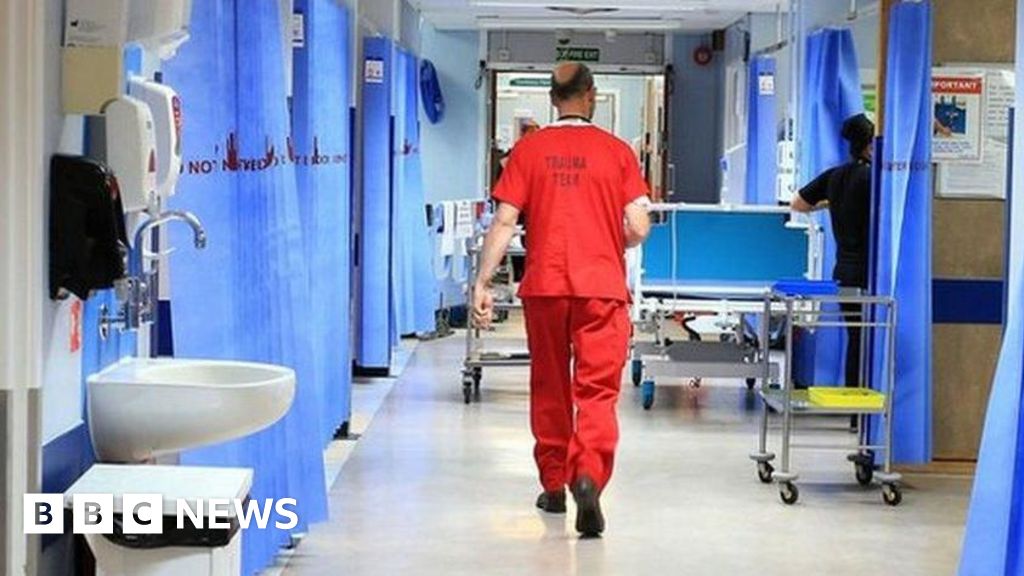On April 1, 2025, the Secretary of Commerce initiated, pursuant to President Trump’s directive, two new investigations under Section 232 of the Trade Expansion Act of 1962 (Section 232), one on imports of pharmaceuticals and pharmaceutical ingredients, and derivative products of those items (collectively, pharmaceuticals ) and the other on imports of semiconductors, semiconductor manufacturing equipment (SME) and their derivative products (collectively, semiconductors ). These investigations are initiated to determine whether imports of pharmaceuticals and semiconductors threaten to impair U.S.
national security. Around one third of investigations completed under Section 232 during President Trump’s first and second administrations have led to tariffs at a rate of 25% on U.S.

imports of these products. To determine the effects of pharmaceutical and semiconductor imports on national security, the Secretary of Commerce is soliciting written comments, data, analyses or other pertinent information from the public, with an anticipated deadline of May 7, 2025. Information and argument provided should aid Commerce’s assessment of the factors set forth in 19 U.
S.C. § 1862(d), such as domestic production needed for projected national defense requirements, the capacity of domestic industries to meet such requirements and the availability of the resources essential to the national defense.
In addition to these statutory factors, Commerce will evaluate the criteria listed in 15 C.F.R.
§ 705.4 as they affect national security and are soliciting information and argument from the public on these criteria as well. For pharmaceutical imports, the criteria include the following 10 factors: For semiconductor, relevant criteria include the following 14 factors: Section 232 requires the Secretary of Commerce to complete an investigation and submit a report to the President within 270 days of initiating any investigation; the President then has up to 90 days to decide whether to concur with the report and take action, which may include import tariffs, quotas or other measures as needed to address the threat.
Notably, however, there is nothing preventing the Commerce or the President from moving more quickly – and, in statements issued shortly before the investigation announcements, Secretary of Commerce Howard Lutnick stated that pharmaceutical tariffs will be implemented “in the next month or two.” President Trump has initiated a total of 12 Section 232 investigations during his first and second administrations, of which eight have been completed. Three completed investigations – pertaining to imports of steel, aluminum, and automobiles – have resulted in import tariffs currently set at 25%.
Three other investigations (uranium, titanium sponge and grain-oriented electrical steel) reached affirmative determinations but resulted in alternative actions. The other two investigations resulted in a finding of no national security threat or were withdrawn. President Trump’s directive that Commerce investigate semiconductor and pharmaceutical imports under Section 232 follows his recent executive orders that it investigate imports of copper and lumber under this same provision and marks a continuation of the Trump Administration’s use of Section 232 as a preferred mechanism to bolster domestic production and reduce reliance on foreign suppliers.
.
New Section 232 Trade Investigations on Pharmaceutical and Semiconductor Imports Could Lead to Tariffs Mid-Year

On April 1, 2025, the Secretary of Commerce initiated, pursuant to President Trump’s directive, two new investigations under Section 232 of the Trade Expansion Act of 1962 (Section 232), one on imports of pharmaceuticals and pharmaceutical ingredients, and derivative products of those items (collectively, pharmaceuticals) and the other on imports of semiconductors, semiconductor manufacturing equipment (SME) and their derivative products (collectively, semiconductors). These investigations are initiated to determine whether imports of pharmaceuticals and semiconductors threaten to impair U.S. national security. Around one third of investigations completed under Section 232 during President Trump’s first and second administrations have led to tariffs at a rate of 25% on U.S. imports of these products.To determine the effects of pharmaceutical and semiconductor imports on national security, the Secretary of Commerce is soliciting written comments, data, analyses or other pertinent... Read the complete article here...© Polsinelli PC, Polsinelli LLP in California















